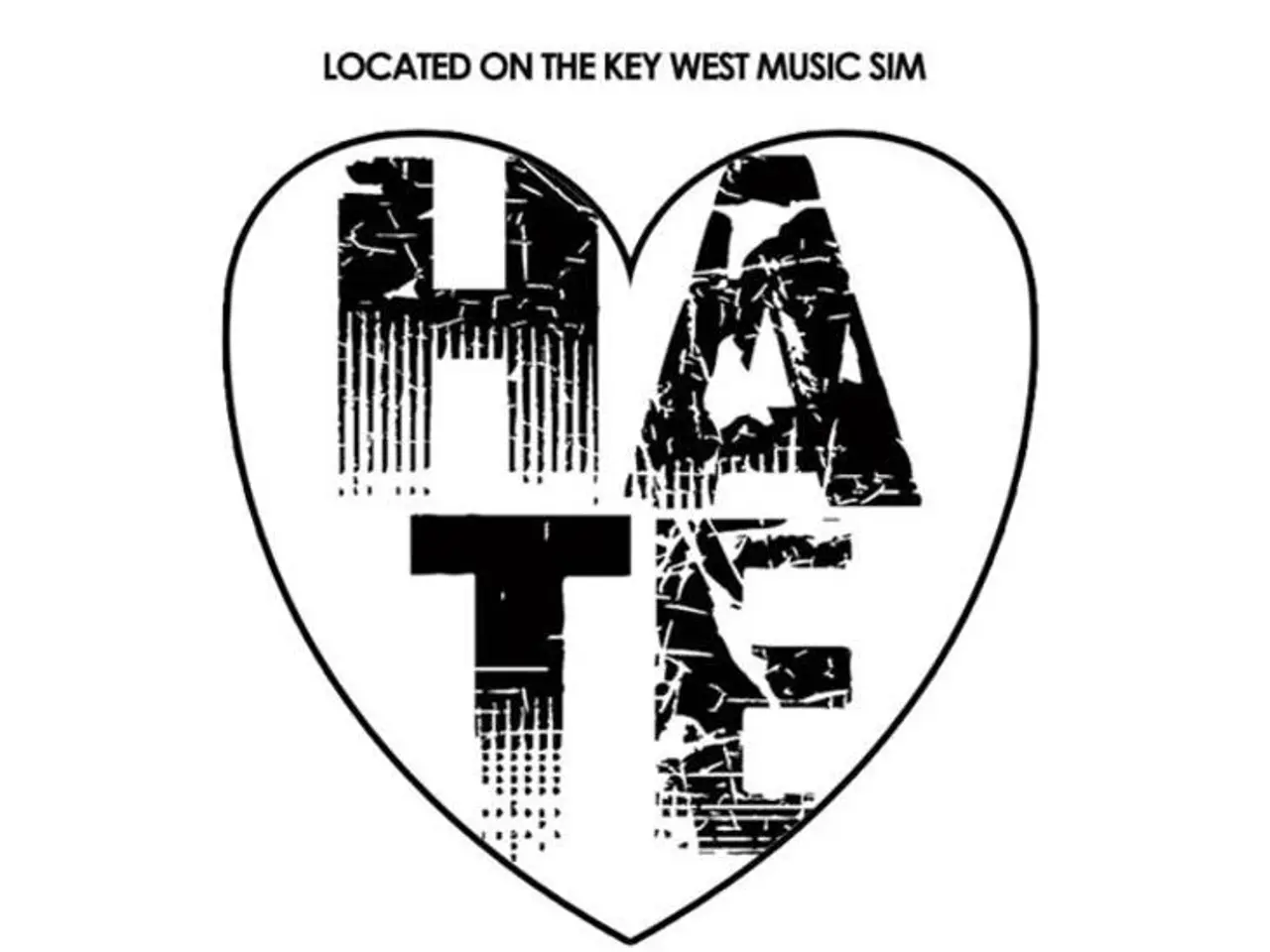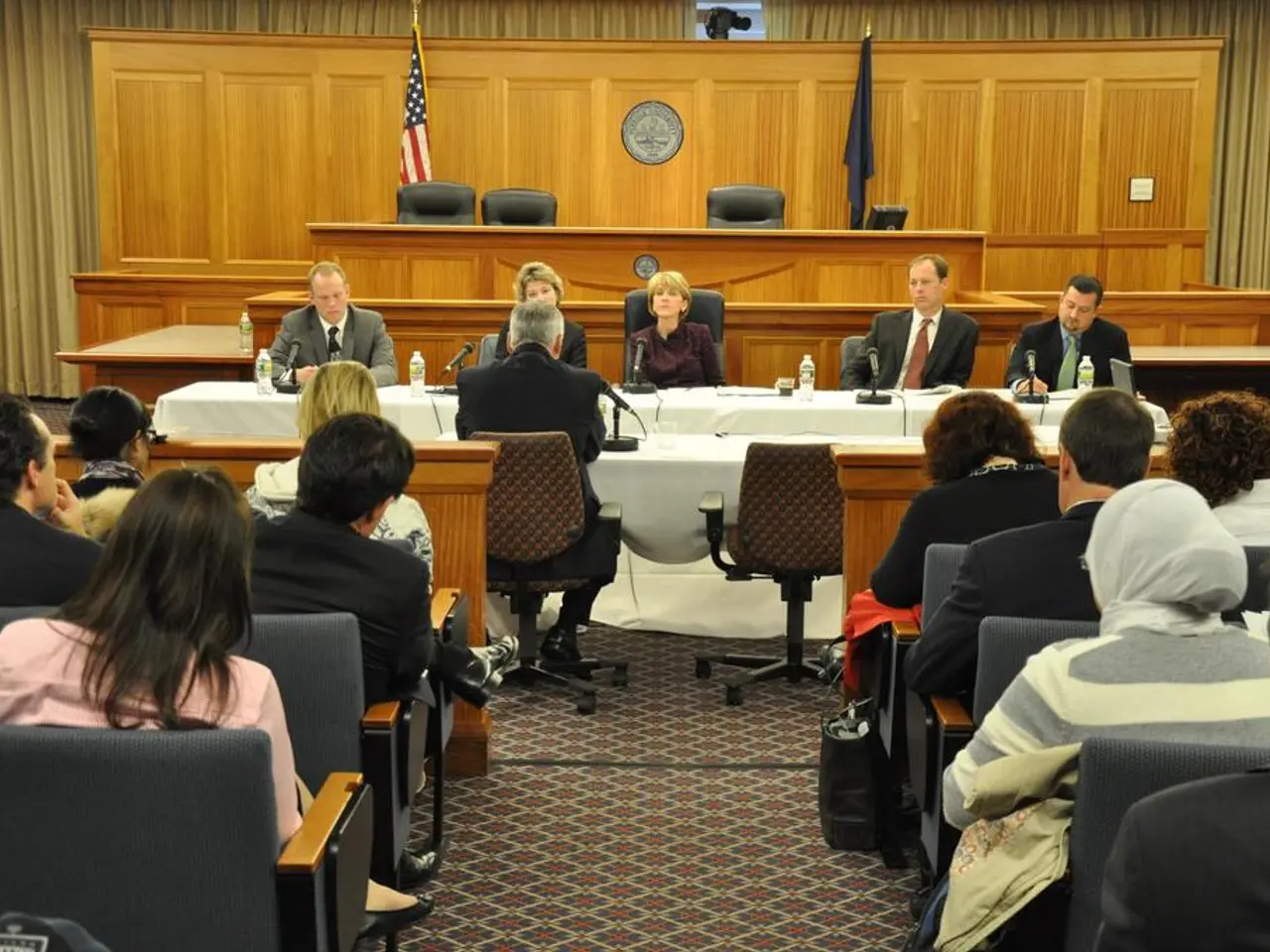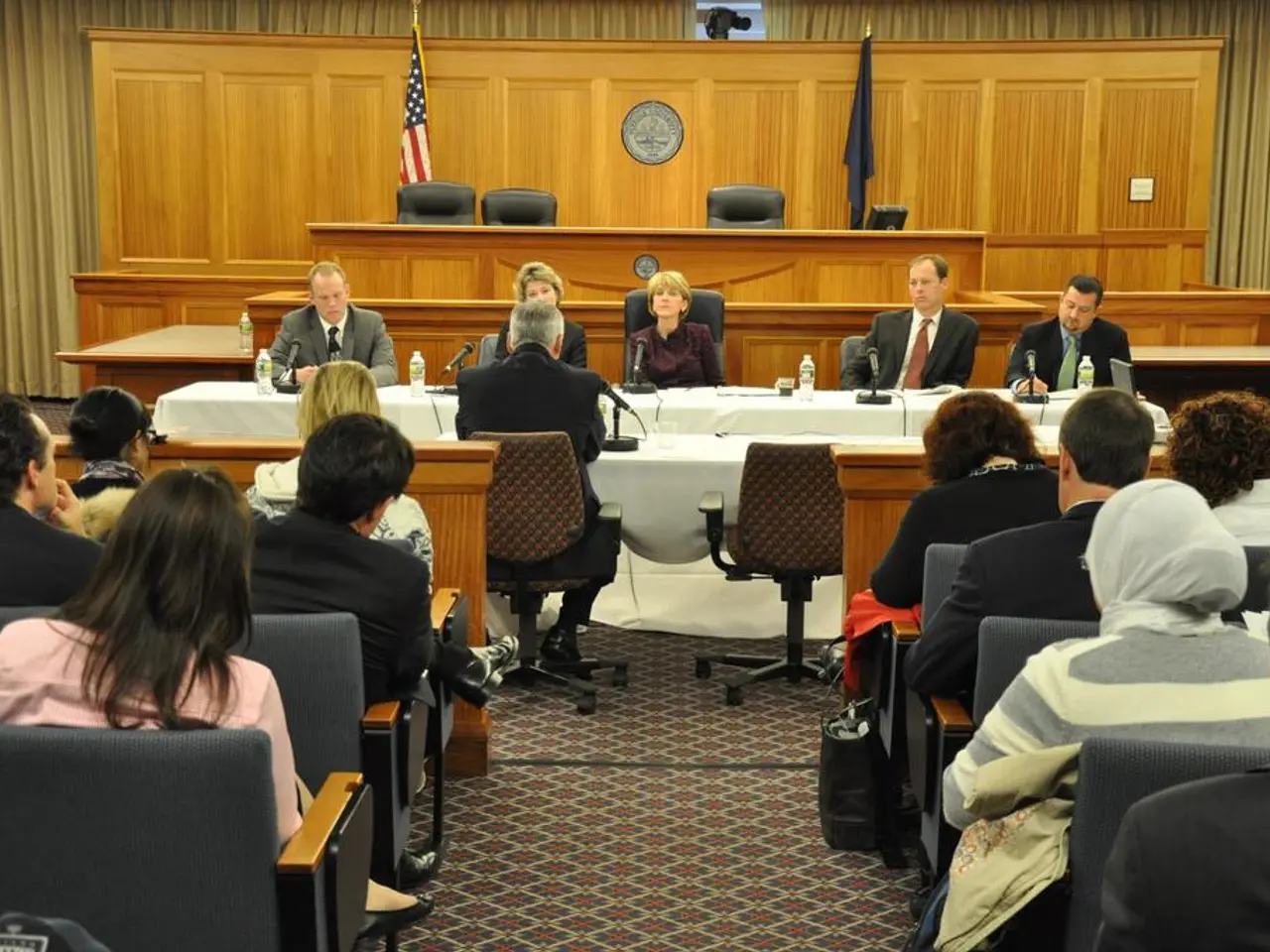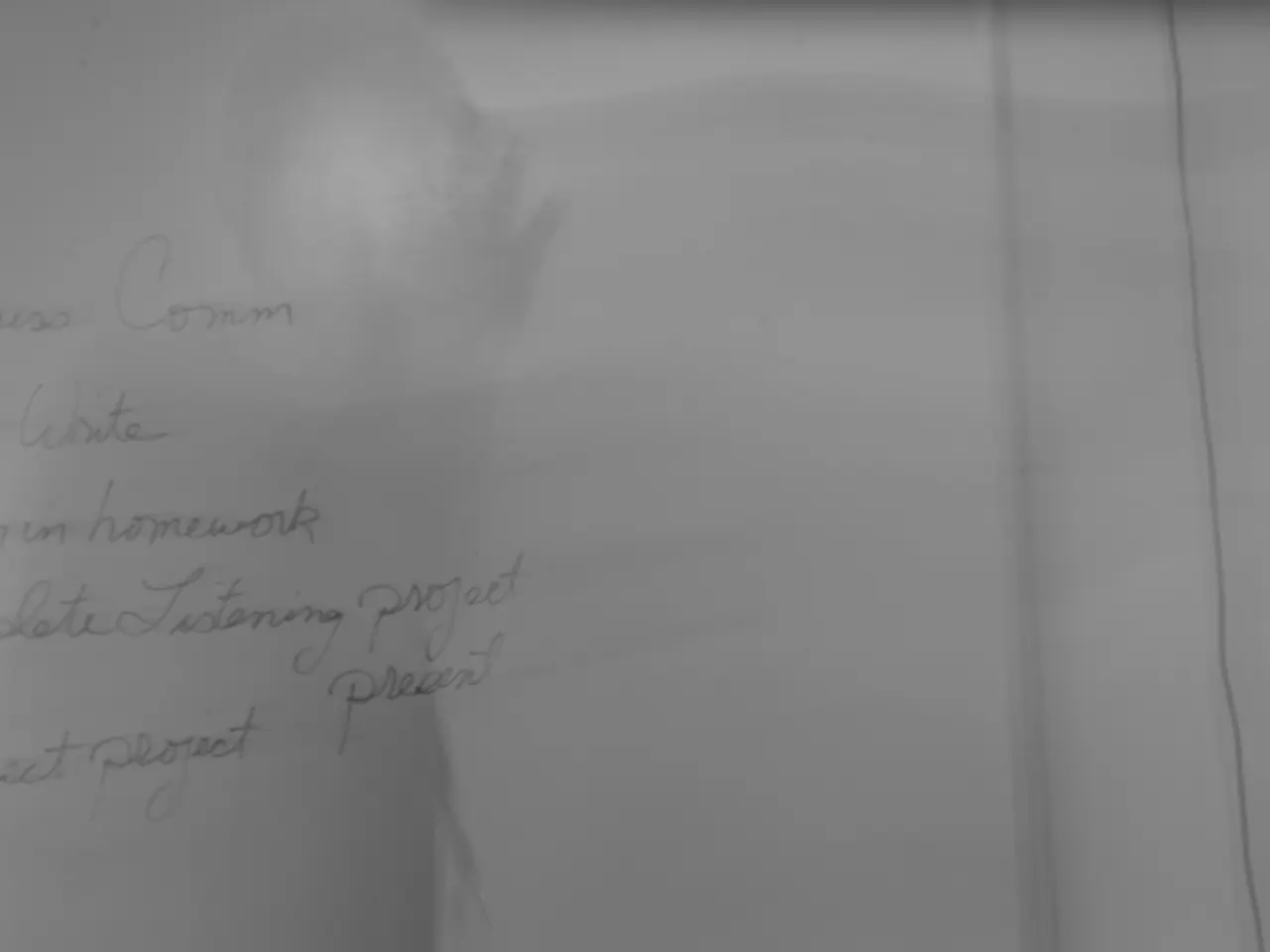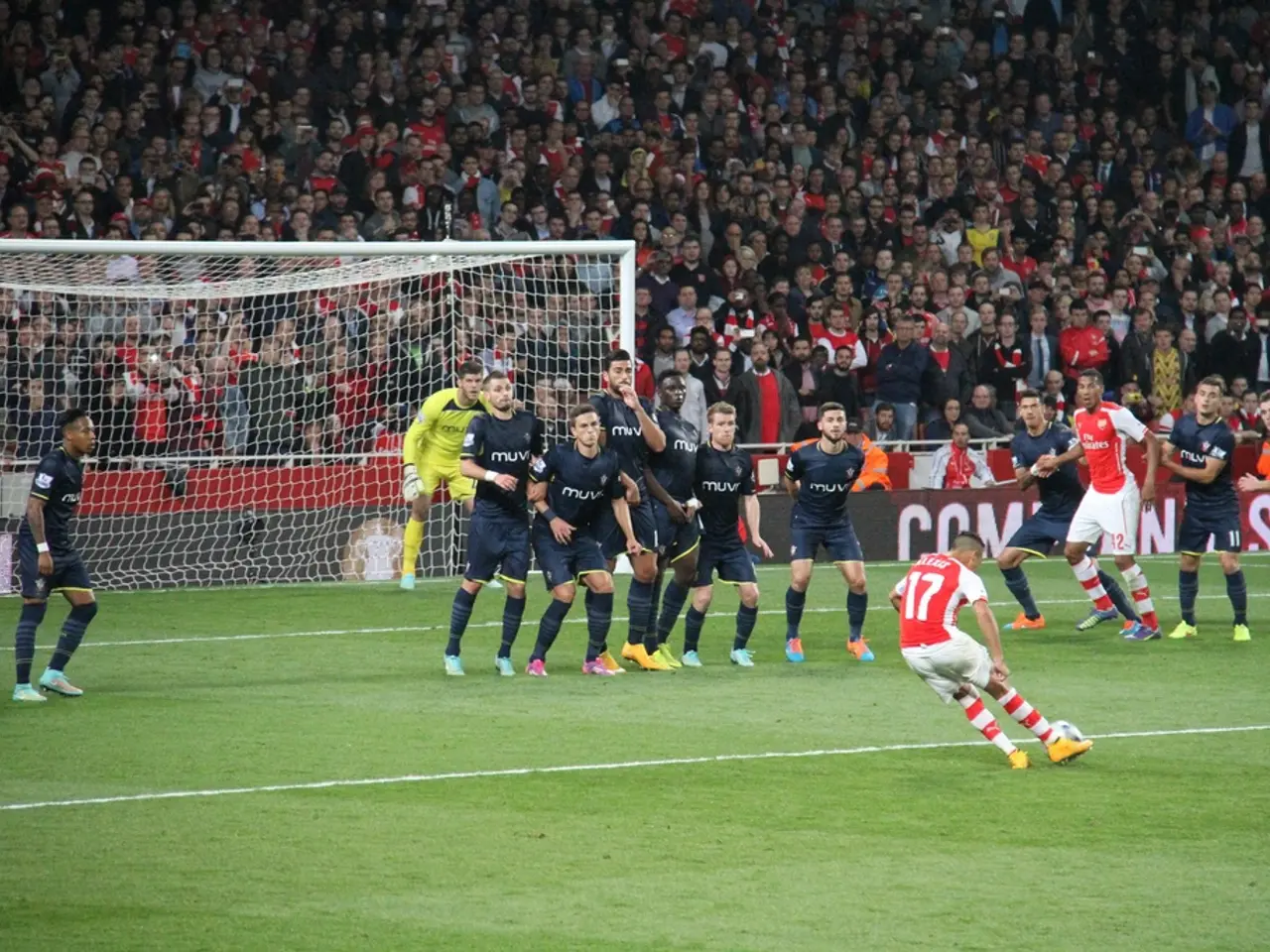Remembering the Dark Ages of Indian Democracy: The 1975 Emergency
Opposition coalition partners criticized by Amit Shah on the brink of Emergency Declaration
Fasten your seatbelts, folks! We're diving into the murky waters of India's political past, taking a closer look at the 1975 Emergency, a time when democracy seemed to take a backseat to authoritarian rule.
Let's set the scene. The year is 1975, and India, the birthplace of democracy, is grappling with a series of controversial events. Prime Minister Indira Gandhi, with the blessing of President Fakhruddin Ali Ahmed, declares a nationwide emergency. Civil liberties are suspended, press freedoms curtailed, and Opposition leaders, student activists, journalists, and editors are rounded up by the thousands.
At the heart of the storm, we find ourselves questioning the motives and actions of political parties like DMK and the Samajwadi, who have joined hands with the very party accused of murdering democracy - the Congress.
Shah, the Union home minister, has some harsh words for these parties. He poses a valid question: "What right do you have to ask questions about democracy since you have joined hands with the party which murdered democracy in the country?"
The Emergency era was a dark chapter in India's post-independence history. Fundamental rights were suspended. The government ruled by decree. Newspapers were shut down. Electricity to media hubs was cut. Severe censorship was imposed on news and cultural productions. Films critical of the government or related to the Emergency were banned during this period.
But let's not forget that this authoritarian rule didn't go unchallenged. Opposition leaders like Jayaprakash Narayan spearheaded the movement against the government's authoritarianism. Student movements had already been active in states like Bihar and Gujarat, challenging corruption and misgovernance, which partly triggered the Emergency.
The Emergency era ended in 1977, leaving a lasting impact on India’s democratic and political landscape. The masses couldn't accept dictatorship, and in response, they elected the country's first non-Congress government.
Today, as we commemorate the 50th anniversary of the Emergency, let's take a moment to remember the injustice, tyranny, and dictatorship experienced. Let's honor those who fought for democracy and ensure that such a critical period is not forgotten, so that the sanctity of democracy is consistently upheld.
In the midst of war-and-conflicts and crime-and-justice, the Indian political landscape was marked by a significant event – the 1975 Emergency. Amidst this backdrop, policy-and-legislation and general-news transformed into instruments of control, with civil liberties being suspended and press freedoms curtailed. The Emergency served as a stark reminder of the power struggles in politics that often shade the nation's news coverage.

